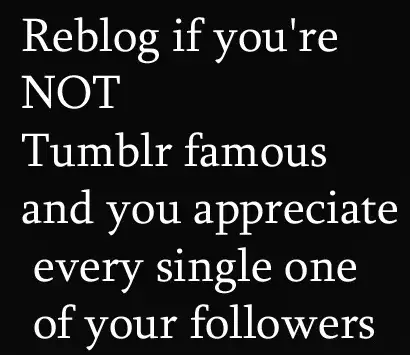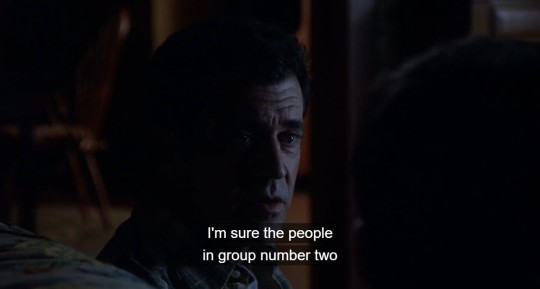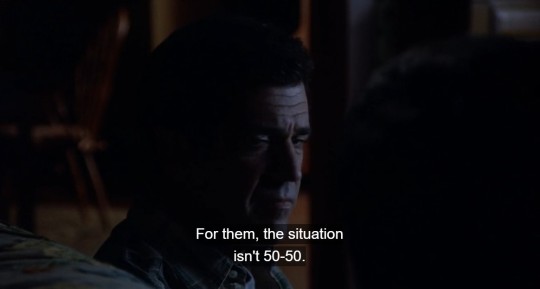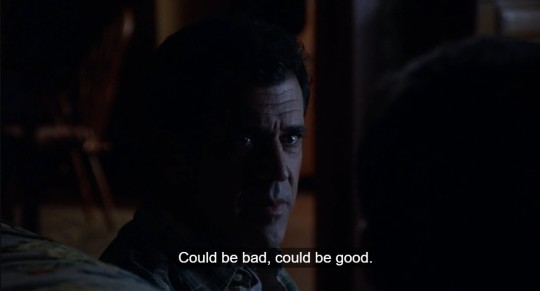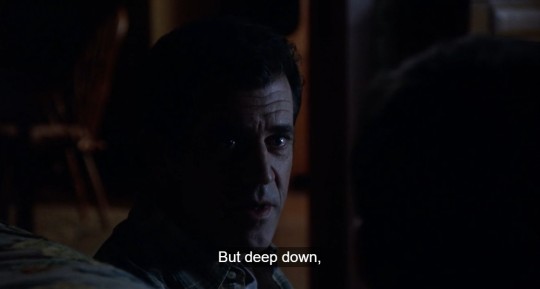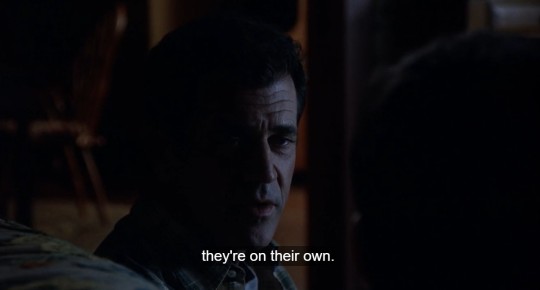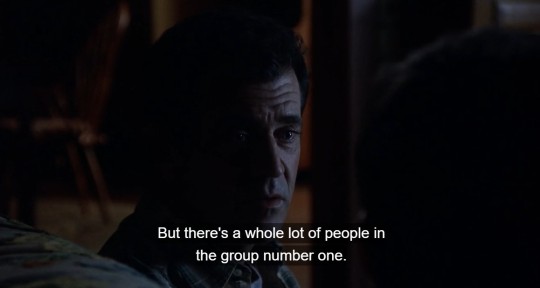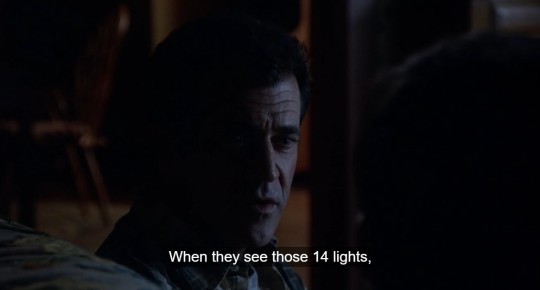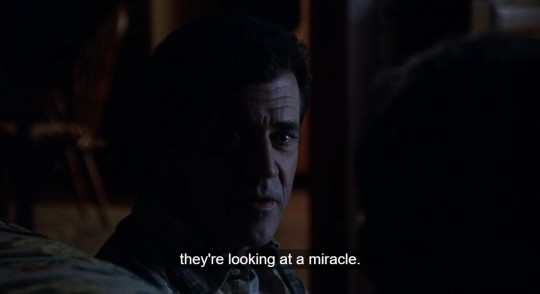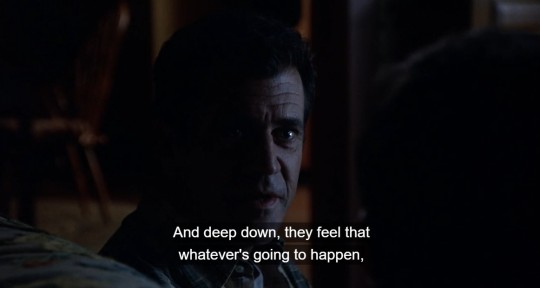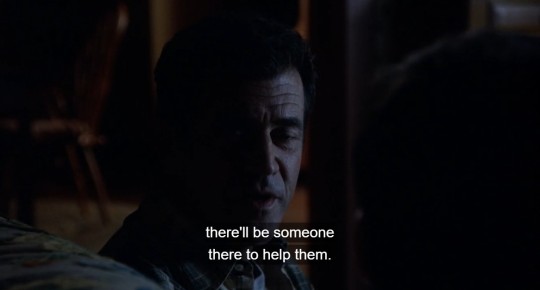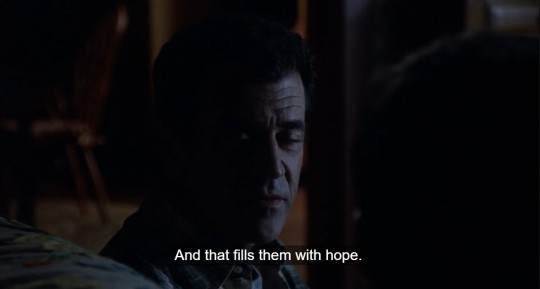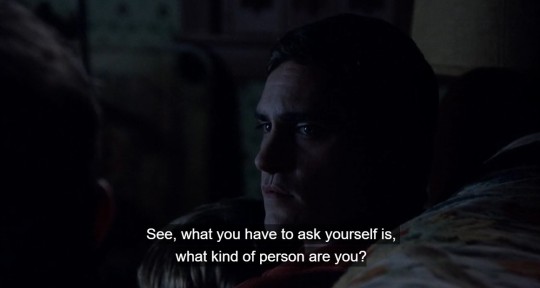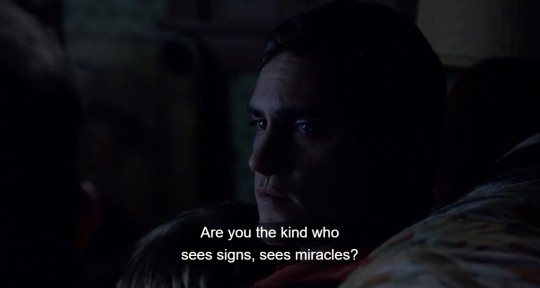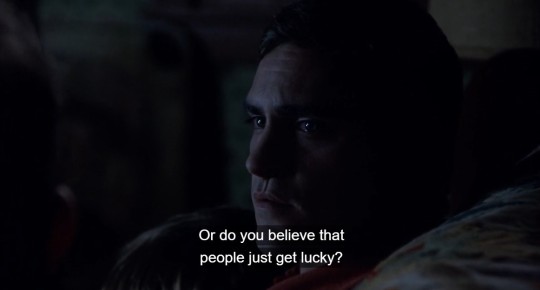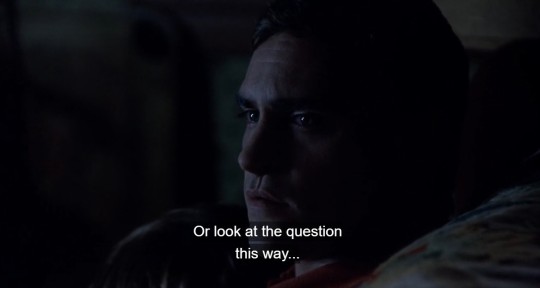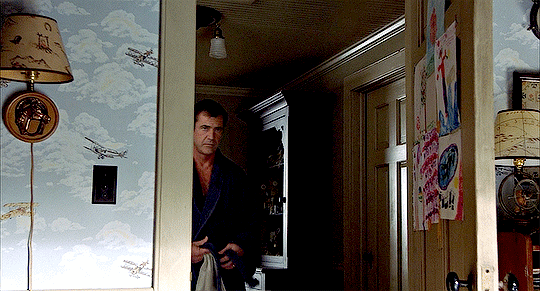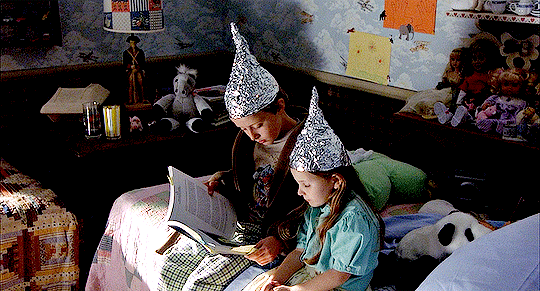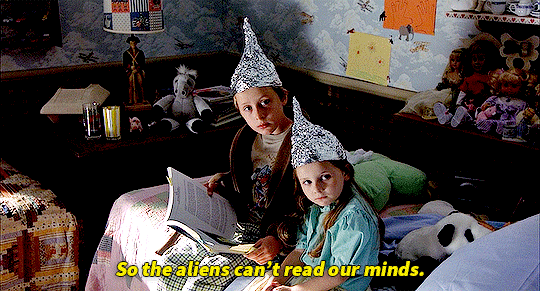Text
In a nutshell: Lady & the Tramp says that there is value in loyalty to someone you love, regardless of how important you are to them—and so is Bolt.
The Lion King says you have an identity that you don't get to define for yourself; you only get to accept it or reject it; the sooner you accept it, the better off everything will be—and that's what Moana says (much more imperfectly,) too.
(now, The Lion King is really more epic in scale, and it's more about who a King's Son, a selfless leader, is supposed to be—while Moana shades itself waaay too much with notes of "everyone gets to make themselves whatever they want." But broad-strokes, Moana is still saying something very similar to the Lion King.)
Basically, Mufasa's ghost insisting to Simba that he is "more than what he has become" implies that, even though Simba chose to be a shaggy hippie hiding in the jungle, it was the wrong choice. He wasn't actually changing who he was—because he can't do that—he was just playing pretend. Warping and twisting and hiding his true identity under layers of denial and the illusion of "choice." And the fact that it's coming from his father, and that unique relationship where a son is a Little Version of the father, weaves a whole new intrinsic layer of Undeniable Identity Outside Yourself into it.
The more you look into that aspect of it, the more Moana's faults start to stand out. But they're not many, and like I said...broad-strokes, they have the same bones. Te Fiti had a true self she was forgetting, instead of the one she "chose." But, Moana tells Maui he makes himself whoever he wants to be. Anyway.
#I could say more but I'm extraordinarily tired right now#maybe I'll come back and reblog later#sorry#😅#Moana#bolt#lady and the tramp#the lion king
19 notes
·
View notes
Text
Things that are important: studying the Titanic as she continues to deteriorate and is reclaimed by the sea
Things that are not important: making the Titanic a tourist attraction
188 notes
·
View notes
Text
Also I'd just like to point out that Bolt is the modern Lady & the Tramp and Moana is the modern Lion King, pull on the thread if you don't understand why
#Bolt#lady & the tramp#Moana#the lion king#Disney#Disney can be good by remembering what it used to do#and these amovods are proof#wish is proof of the alternative which leads to bad movies#can't stop coming for wish
23 notes
·
View notes
Text
They lost Mark Henn. I just found out Mark Henn's retiring.
I think it's curtains, Disney fans.
5 notes
·
View notes
Text
My what? I've not turned anything off on my tumblr or on any of my posts except anonymous asks. Fear of answers is not one of my many flaws. Try keeping a civil tongue in your head if you're honestly offering any, though. It helps boost impression of genuineness.
All you're really saying is that "neurodivergence," as I've seen it used in the instances I've described (including in Mulan) is being misapplied. That's all.
And again, if the symptoms that each of those disorders has in common is "thinking or seeing the world differently," those "symptoms" don't need an umbrella term. We all think and see the world differently than the next person.
Narrow it down. That's all I'm asking for. It's not absurd to ask for an umbrella term to be clearly defined: after all, umbrellas aren't infinite. Some things fit under them, but not everything does. Especially not if you want to feel "seen" as an individual, and that's the hoped-for utility of your umbrella term.
As far as "feeling recognized" goes, we can talk about that some other time.
I don't understand the hype around "neurodivergence." I don't get it. I don't get what you guys are talking about. What do you mean when you say "neurodivergent?" Do you just mean "thinks differently than everyone else?" Okay, well, everyone thinks differently than everyone else. We're all unique; nobody's interior world is exactly the same as everyone else's. So what is neurodivergence?
Some people talk about it like it's meant specifically to refer to people who are on the "autism spectrum" but that's not how I'm seeing y'all use it. Online, people say "autistic" and "neurodivergent" in sentences and contexts where the word "creative" or "artistic" or simply "unique-personality" would work better as descriptive words.
And what's a little more perplexing is the...romanticization of it. I just made a post about Mulan, the character, talking about how well-done her character trait of "creativity" is, and someone reblogged it and said she was "neurodivergent." When the whole point of the post is that she was creative: she solves problems with her own unique spin. That doesn't mean other characters in that movie don't also have a unique spin--Mushu ties tomatoes to her arrows to cheat at training. Is he "neurodivergent" too, or just creative? Why do you say "neurodivergent" when you mean "creative?"
What's going on here? Explain it to me, if you're more knowledgeable than I am and I'm just ignorant. Because really, I'd be glad to hear that it's not just one more case of our internet-drunk society creating an exclusive sub-culture with no reasonably defined traits to idealize and identify with.
75 notes
·
View notes
Note
Have you heard of Glory, with Matthew Broderick, Morgan Freeman, Denzel Washington, and Cary Elwes? It is SO GOOD; you should see it if you haven't already!
I've heard of it! I may! Thanks for the suggestion.
3 notes
·
View notes
Note
Hi, I wanted to say first off I love your analysis on films and storytelling! Second, I'm curious on what your thoughts are on the movie Moana?
Thank you!
I like Moana.
I think it’s a really fun movie and it’s enjoyable to watch over and over again. The main character wants something relatable, she’s flawed, and she’s believable. The visuals are probably what keep people coming back, because Disney flexed so hard with animating the water and the sand and the glowing monsters.

I will say, there are some pacing moments I think aren’t great, some filler stuff in the movie that I don’t think add anything to it. Like, for example, Pua. Pua doesn’t add anything to the movie. You could take him out and lose nothing. Also, the entire scene with the Kakamora.
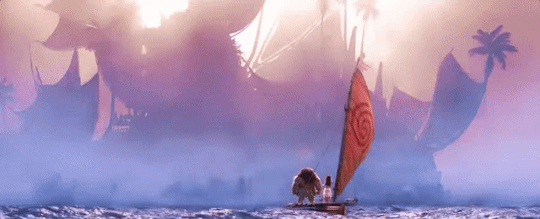
They are appealing and the giant-boat thing is interesting, but that whole sequence doesn’t really tell us anything about the characters or the world or the story that we don’t already know. It’s just an action sequence. In it, you learn: Moana is capable and committed to keeping the Heart safe, Maui is capable but a show-off, and there are monsters that are drawn to the heart. You already knew all that stuff without that scene. See what I mean?
But that doesn’t mean the movie is bad. It’s just not airtight, and that’s okay, because it still gets it’s point across.
I think the Main Idea of the movie is: “Who you truly are is a combination of where you’ve been and where you choose to go next.” Something like that.
Moana has to pick who she’s going to be and what she’s going to do from the first moment we see her.
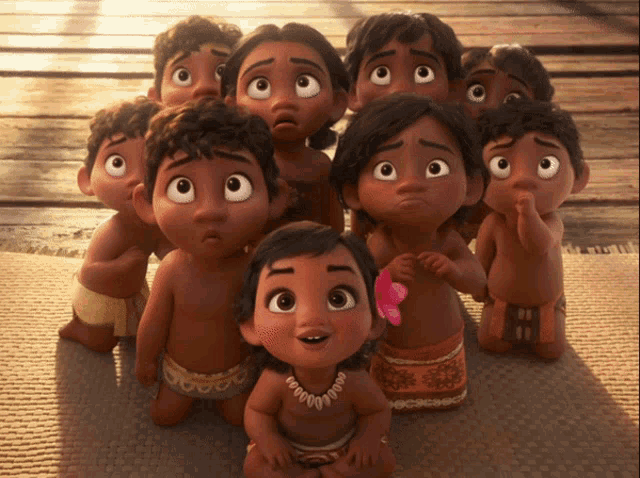
She’s already a character “born with” some traits that the other characters don’t have: she likes to explore and she’s not as afraid of the ocean and it’s dangers as everyone else. You could say she “inherits” those traits from “where she’s been;” her tribe and their Voyager Heritage.
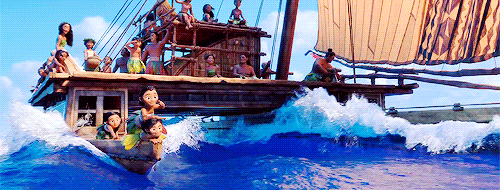
So while Moana is figuring out how “where she comes from/where she’s been” applies to “who she’ll choose to be now,” you have other characters doing the same. Her grandmother is an example of “getting to make that choice regardless of what your community is doing; you don’t have to be a product of your environment.” Meanwhile, her mom is just a “product of her environment.” And her dad had the same fearlessness Moana has, once, but after something bad happened in his past (where he’s been) he lets that bad thing inform who he chooses to be for the rest of his life: the chief that won’t take chances.
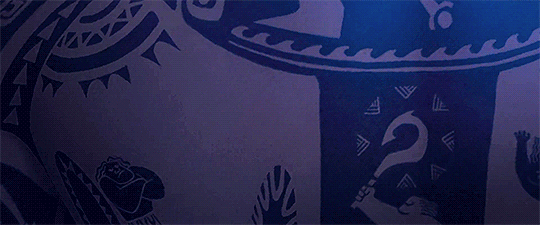
Then meanwhile, Maui is letting his origins define who he chooses to be. He has to be a hero, and earn everybody’s love, because he came into the world Unloved. Ironically, the gods and the ocean helped him. But their love isn’t enough for him.
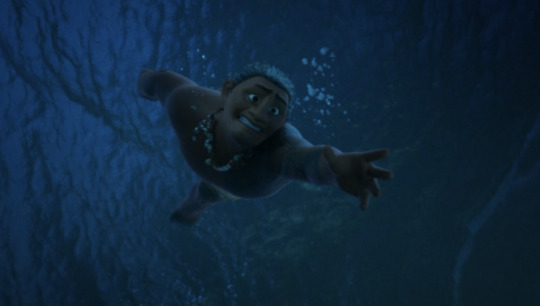
See, just like Moana’s dad, Maui has a choice. He can look at the parts of his past that are good, (the ocean chose me/I’m descended from voyagers) and choose to move forward based on that, OR, he can look at the parts of his past that are bad (my own parents thought I was worthless/being a voyager killed my best friend) and choose to move forward based on that. And how you move forward, combined with where you’ve been, is what the movie says your “identity” is.
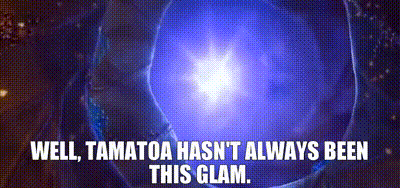
I mean, think about Tamatoa, obviously. His song describes how he didn’t always used to be a living-legend monster. But now he finds his identity in the literal treasure he piles on top of himself, like trophies of conquest. Then think about Te Fiti. She’s stolen from, and misused, and lets that fact of her history turn her into a monster. A monster who can’t be calmed down enough to be transformed until Moana reminds her of “who she is.”

And by the end of it, Moana ultimately decides who she’s going to be, based on the things that are true about her. Is she a powerful goddess or demigod, like Maui? No. Is she a good-enough navigator to get past Te Ka on her own? No. Is she bulletproof because the Ocean chose her? No. Does she want to be chief of her island and stay there forever? No. All of those things are true. But, what’s also true is that she wants to do something to help save the world, she does love her island at the same time as she loves the sea, and she’s willing and able to keep trying even after she fails. So she’s going to act on those things that are also true.
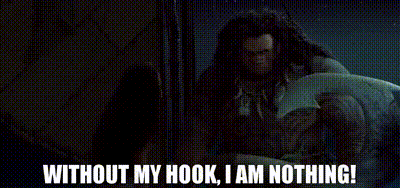
Same thing with Maui. He’s made mistakes and he’s ruined things, including his own reputation, and he’s finding his identity in his powers, which get jeopardized. But by willingly sacrificing those things, he re-defines what his identity is. “Maui” is not a hero who has the power to do anything for mortals, and deserves their adoration. “Maui” is a good guy who’s going to keep trying to be self-sacrificial even after he makes mistakes.
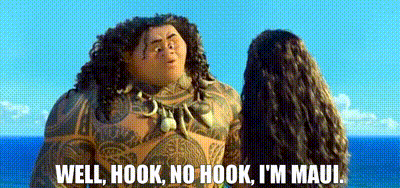
There’s other elements in it too, that I think deserve analysis. I mean, the movie is saying you have inherent worth. You have an identity, objectively, regardless of what you choose for yourself. Hei Hei is funny but he’s a prime example of what the movie is saying about that. He’s a stupid rooster who seems completely useless, but by the end he shows that he was worth taking along.
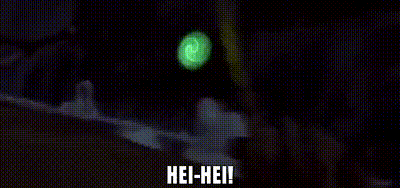
Also, when Moana calms Te Ka, she does say “who you truly are.” And all the problems with her village stem from the fact that they don’t know, or have repressed, a part of their history and cultural identity. Her dad is ignoring something that is true about himself: he has Voyager in his nature.
So the idea in the movie is that you can choose the right identity, one that lines up with “who you truly are, whether you like it or not,” or you can choose the wrong identity. What puzzles me is how “the gods” and “the ocean” fit into all of that.
I don’t love that Moana insists that the gods “don’t make you Maui. You do.” Truth of the matter is, Maui would be dead if not for the gods—never mind his powers. So in one sense, he would not have anything he has without them, including his life. Additionally, Moana would not be Moana without the ocean. She wouldn’t have the Heart of Te Fiti. She wouldn’t have found Maui in the first place, because she sucked at navigating. She wouldn’t have made it to Te Fiti if not for supernatural help. So what Moana should have said, to be accurate, is, “The gods made you Maui, and you can choose to agree with them or live a lie.”
Of course, the movie doesn’t set Moana herself up like that. She’s not dependent on the gods or the ocean for her very existence, like Maui was. But you see what I’m saying. There’s this tension between what you can choose, and who gets to decide what’s right to choose. Tamatoa probably wasn’t right to choose to be a grandma-eating, mortal-killing monster, but that’s what he chose to identify as. Te Fiti definitely wasn’t right to choose to try and melt everyone who came near her; she’s supposed to be a goddess of life, not death. That’s her “right” identity.
But Moana? Of course the most satisfying choice for her was “be the hero and keep on trying.” But the movie does set up the grandmother’s ghost, there to lead her home in case she wants to give up. And it sets that up as if it would be an okay-thing to do. Not necessarily the wrong thing—even though, if she had chosen to give up and go home, she would essentially be exactly like her father. So why is it hinted that the Chief was wrong to want to burn the voyager boats, hide from the rest of the world, and act on fear…but if Moana wants to give up, that’s okay? Because she tried? The Chief tried to be brave and be like Moana, too, and someone died because of it.
So I think some of that portion of the narrative is sloppily handled. It’s not smart to have both ideas in your movie: “You are meant for something” AND “you can choose who you want to be, and whatever you choose is what you’re meant for.” If not for Moana herself, that last part, in bold, wouldn’t be in there presenting a problem. But that scene where the Grandmother is willing to let her choose the wrong identity, yet it’s not portrayed as the “wrong” identity, messes it up.
The idea presented by all the other characters (Maui, Grandma, Te Fiti) is, “you have an identity and worth that is assigned to you by something bigger than yourself. You can either agree with it, or suppress it, live a lie, and try to find identity/worth in something else.” But Moana’s grandmother, gently allowing her to give up and acting like that’s okay, sort of ruins it.
But I’ll dive into that more another day, if you’re interested.
#asked#answered#Moana#Maui#Moana movie#auli’i cravalho#dwayne johnson#the rock#Disney#Disneys Moana#The ocean#te Fiti#how far I’ll go#Disney princess
15 notes
·
View notes
Note
What do you think of Treasure Planet, particularly Silver?
I love that film's aesthetics and its focus on the value of fathers, particularly for young men. I also have to appreciate the irony that Jim's abandonment by his father, who was probably a lawful man, turned his son into a criminal while the mentorship by a pirate made him an honest man.
I like those values, too! I haven’t analyzed Treasure Planet. I think it’s a good movie, and the visuals are excellent, but I’d have to look at it more carefully before I could say what I think is objectively good and bad about it.
There’s nothing cooler than a steampunk-sci-fi take on a 19th century pirate novel animated tradigitally with a main character who looks like James Dean, with everything backed by the music of The Goo Goo Dolls. That’s just objective fact.
#Treasure Planet#James Dean#Jim Hawkins#Robert Louis Stevenson#Treasure a island#Disney#james pleiades hawkins#dr Doppler#Captain Amelia#John silver#long John silver#B.E.N.
17 notes
·
View notes
Text
my favorite line from Signs is “Excluding the possibility that a female Scandinavian Olympian was running around outside our house
last night, what else might be a possibility?”

#signs#it should be one of the more profound ones about faith#but no#it’s the Scandinavian Olympian line#joaquin phoenix#m. Night shyamalan#shyamalan#signs movie#horror#writing
10 notes
·
View notes
Text
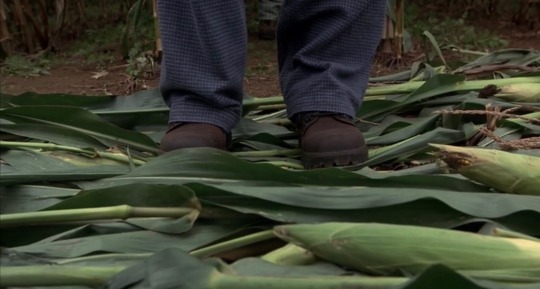
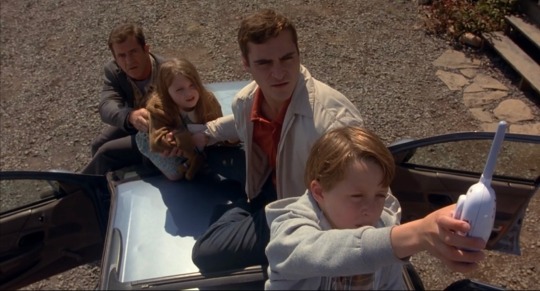
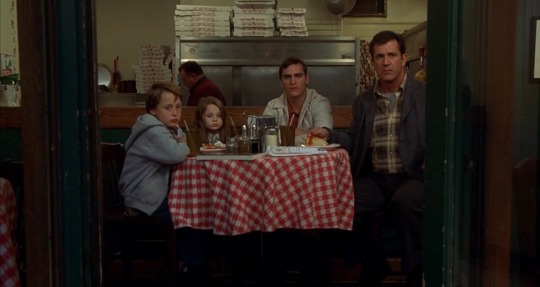
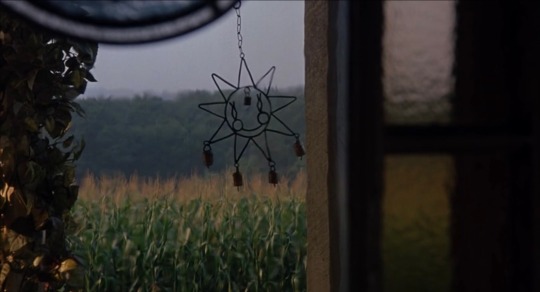
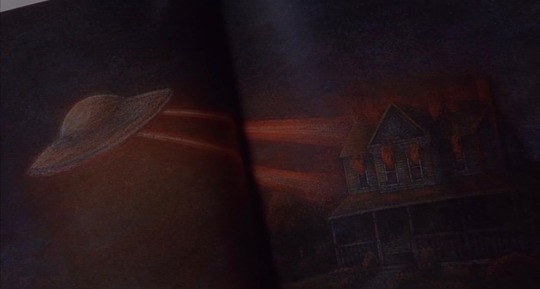



signs (2002) | m. night shymalan
“Don't be afraid of what's happening. Believe it's going to pass. Believe it. Just wait. Don't be afraid.”
17 notes
·
View notes
Note
What are the best stories you've seen that have a theme of forgiveness? If not strictly about forgiveness, then any themes along the lines of retribution, redemption arcs, or even "seeing through another's eyes" (I may or may not have rewatched Brother Bear recently lol)
Well, we’ve got all my old standbys. Cinderella, of course, is a story that really has forgiveness in it, because Cinderella wholeheartedly forgives her stepfamily for mistreating her. (Actually, she might be “forbearance,” not forgiveness.) But they’re completely off her hook. I think there’s a really great moment of forgiveness between Nick and Judy in Zootopia that gets overlooked. Frozen, with Anna and Elsa. Brother Bear is a really great example, truly! I love that movie.
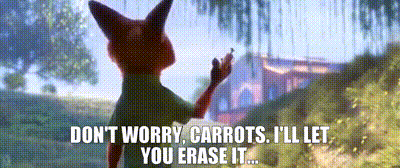
I think some of my other favorites include the original A Star is Born, or even the Judy Garland remake. (Those also might be more “forbearance.”) I think one of the best examples I ever saw of forgiveness was in Avatar: the Last Airbender, which everybody knows:
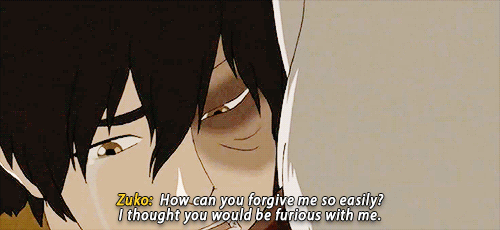
And of course, ‘Til We Have Faces and The Chronicles of Narnia by C.S. Lewis have some of the best-distilled forgiveness moments in any stories, ever. There are sweet ones in The Princess and the Goblin by George MacDonald, too, though they’re not as dramatic. In Anne’s House of Dreams, by L.M. Montgomery, Anne’s repeated forgiveness of Leslie’s coldheartedness or rudeness is a really simple but awesome example of day-to-day forgiveness.

I don’t easily think of a lot of good examples of it in stories. Brother Bear definitely has it, because without it, the story doesn’t work—Sitka wouldn’t help Kenai to learn from his wrongs, Kenai would’ve been killed by Denahi, Koda would’ve been left alone—but I don’t think forgiveness is the main focus of the movie. I think it’s a load-bearing component, but not the focus.
You’re making me want to see a movie that really homes in on that!
The thing is, I guess, for forgiveness to be the focus of a movie, there has to be a character that 100% definitely does the complete wrong, inexcusable thing to another character. Something that he deserves to be on the hook for. Then he has to acknowledge that he did the wrong thing and want forgiveness. And then the other character, the one who was wronged, has to willingly acknowledge that wrong and then let the offender off the hook. It’s not just “we’ll pretend this didn’t happen.” It’s both parties acknowledging that wrong was done, and having an exchange that ends in reconciliation. It’s got grace and mercy wrapped up in it.
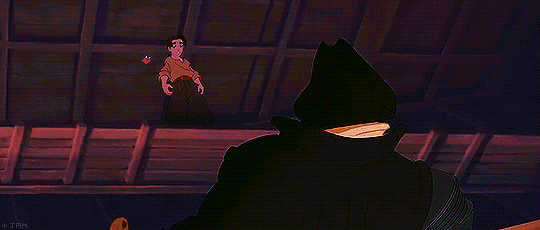
Not many movies have true moments like this. Usually, one character is super sorry and the other character just seems to brush off whatever they did with like, a callback to an inside joke or something. (I’m thinking if Treasure Planet, to be honest.) Or, the situation necessitates that they put their conflict aside and work together, and then after the day is saved they sort of “get over” all that and swagger off into the sunset together.
As far as “redemption” goes—gee, all the old standbys! All the ones I mentioned above, plus Star Wars, plus East of Eden (the movie, not the book) plus, of course, my all-time favorite movie, Lilo & Stitch.

In Lilo & Stitch, you have the ugly little creature who belongs absolutely nowhere, is by definition a blight on nature and an abomination of existence, who was actively created to ruin everything. And he does it, and he takes delight in it. But there’s this little girl who gets pushed down, gets her doll chewed on, gets rejected when she’s most in need of his companionship—and she just keeps on loving him anyway. Because she’s chosen to, not because he did anything to deserve it. And then that infects him. That idea of family—of someone choosing to love you, no matter how ugly you are inside and out, and by choosing to love you, they create a place where you belong. No matter what. And that changes him. A germ from outside of him changes him from a literal world-destroying, home-shattering selfish monster into something new, something adopted, something loved.

I’d call it a story about committed love and grace, not necessarily redemption—because the focus of the story isn’t really “Stitch does something wrong but then through a process of pain and transformative struggle, redeems that wrong.” That’s not the focus of the story. But it’s still “bad character becomes good.” And I can’t help but talk about Lilo & Stitch once you get me started on it, sorry!
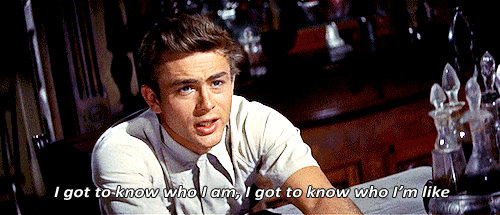

I think the best redemption stories are some of the ones I’ve listed above, plus East of Eden, Beauty & the Beast, and really, truly Sydney Carton from Charles Dickens’ A Tale of Two Cities.
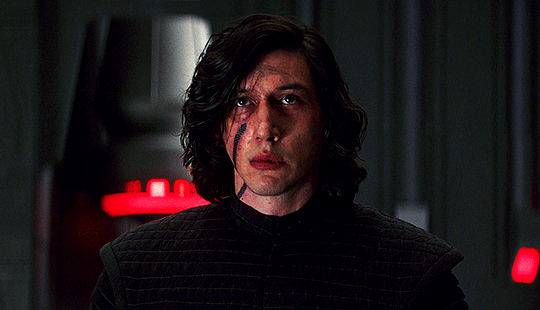
And I think Kylo Ren was well on his way to being one of the best redemption stories of all time, if TROS hadn’t fumbled the ending so clumsily—but that’s another post for another time! I don’t know if this satisfactorily answered your question, but it was fun to ramble about and I’ll tag you if I make another post as more come to mind.
#thanks Buddy#asked#answered#Kylo Ren#beauty & the beast#forgiveness#redemption arcs#Zuko#the beast#Lilo & stitch#writing#character development
32 notes
·
View notes
Text
“‘You have listened to fears, Child,' said Aslan. 'Come, let me breathe on you. Forget them. Are you brave again?’”
— Aslan; Prince Caspian, C. S. Lewis
237 notes
·
View notes
Text
I don't understand the hype around "neurodivergence." I don't get it. I don't get what you guys are talking about. What do you mean when you say "neurodivergent?" Do you just mean "thinks differently than everyone else?" Okay, well, everyone thinks differently than everyone else. We're all unique; nobody's interior world is exactly the same as everyone else's. So what is neurodivergence?
Some people talk about it like it's meant specifically to refer to people who are on the "autism spectrum" but that's not how I'm seeing y'all use it. Online, people say "autistic" and "neurodivergent" in sentences and contexts where the word "creative" or "artistic" or simply "unique-personality" would work better as descriptive words.
And what's a little more perplexing is the...romanticization of it. I just made a post about Mulan, the character, talking about how well-done her character trait of "creativity" is, and someone reblogged it and said she was "neurodivergent." When the whole point of the post is that she was creative: she solves problems with her own unique spin. That doesn't mean other characters in that movie don't also have a unique spin--Mushu ties tomatoes to her arrows to cheat at training. Is he "neurodivergent" too, or just creative? Why do you say "neurodivergent" when you mean "creative?"
What's going on here? Explain it to me, if you're more knowledgeable than I am and I'm just ignorant. Because really, I'd be glad to hear that it's not just one more case of our internet-drunk society creating an exclusive sub-culture with no reasonably defined traits to idealize and identify with.
#Neurodivergent#discussion#neurodivergency#neurodiverse#maybe I'm just out of my depth here#autistic#it feels like words are over here losing their useful meanings again#Mulan
75 notes
·
View notes

